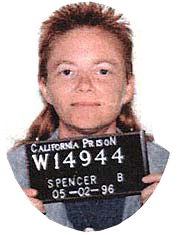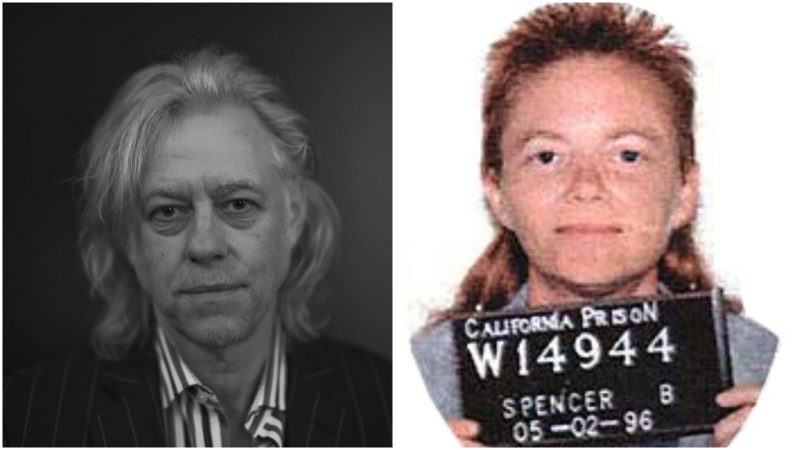On January 29, 1979, in San Diego, California, 16-year-old Brenda Ann Spencer, who lived just across the road from the Cleveland Elementary School, opened fire on the students and school personnel with a .22-caliber rifle. She injured eight children and a police officer, and killed the principal and a custodian. During the later interrogation, she was asked why she did it and responded: “I just don’t like Mondays.”
According to police reports and her classmates descriptions, Brenda was an introvert, often behaving strangely. Her teachers said that she barely talked to anyone in class but was excellent in the arts, especially photography, winning the first prize in a competition run by the Humane Society. She spent her most vulnerable years with her single father, Wallace Spencer, and rarely saw her mother. The family was poor. Brenda and her father slept on a single mattress in their living room, empty alcohol bottles scattered around the floor. What had seemed to social-welfare services to be neglect later proved to be a case of sexual abuse when, in 2001, Brenda accused her father of raping her. He denied the allegations.

A year prior to the horrific crime, the school service which handled problematic students informed Brenda’s parents that her behavior and attitudes manifested “serious suicidal tendencies.” Her father rejected the claims and told the officials to leave his family alone. The same year, Brenda carried out a burglary in the school and shot out the windows with a gun. The following psychiatric evaluation suggested that she be placed in a hospital, but her father didn’t permit it and, even worse, he gave her a Ruger 10/22 .22 caliber semi-automatic rifle for Christmas. Reportedly, Brenda later said that she asked for a radio instead but he insisted on a gun as a present.
On that January day, she woke up, took the gun and, just as the school bell rang to signal the beginning of the classes, Brenda began shooting from her window at the young students who were standing outside the school. It took a few shots before students, parents, and school staff realized that someone on the opposite side of the road was using them as a target. When the principal rushed out and tried to help the children, he was immediately shot and killed by Brenda. Eight of the children were seriously wounded. The next victim was the school’s custodian, who also attempted to bring the children to safety. The police officer who arrived at the incident was shot in the neck.

When the shooting was finished, Spencer shut herself in her house and stayed there for hours. According to the New York Daily News, when the police located her home they gave the phone number to a local reporter who called her and asked her if she had any idea where the shots in her neighborhood were coming from. She said that it was from her own home and added “Yeah, who do you think’s doing the shooting?” When asked why she did it, she gave an answer that completely shocked the public and was highly publicized: “I just don’t like Mondays. This livens up the day.”
Her statement inspired the musician Bob Geldof to compose the song “I Don’t Like Mondays” for his band, Boomtown Rats. The song was released the same year and topped U.K. music charts in the summer of 1979.
“It’s a very dark subject,” Geldof said in an interview, adding that some listeners assume the song is just about having a hangover and not wanting to go to work. He does not mention Brenda Spencer by name but the connection is clear in the lyrics: “And nobody’s gonna go to school today/She’s going to make them stay at home.”
Explaining the motive for her mass murder, Brenda said, “Those I shot just made easy targets.” Later, at parole hearings, Brenda was reminded of those statements and she said: “Maybe I did. I don’t really remember.” She was tried as an adult and pleaded guilty. Brenda Spencer was sentenced to 25 years to life imprisonment.
Geldof said in the same interview, “She wrote to me saying she was glad she’d done it because I made her famous, which is not a good thing to live with.”
Since the verdict, Brenda Spencer has been denied parole four times but will be eligible to have another Board of Parole Hearing next year.
